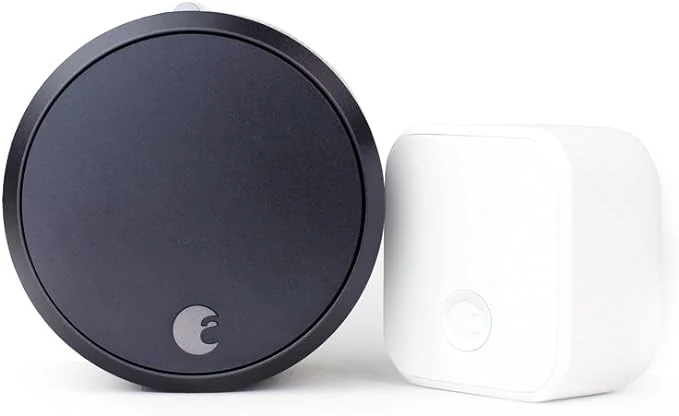Gardens are no longer at the mercy of guesswork and routine. Enter weather sensors innovative devices that serve as vigilant guardians of your outdoor sanctuary. These sophisticated tools provide real-time environmental data, empowering gardeners to make informed decisions about watering, fertilizing, and overall plant care. Here’s a closer look at how weather sensors revolutionize gardening and why they are essential for nurturing a thriving, healthy garden.
What Are Weather Sensors?
Weather sensors are compact devices equipped with various instruments to measure environmental parameters such as temperature, humidity, rainfall, wind speed, and solar radiation. They continuously collect data from their surroundings, transmitting it to a connected system be it a smartphone app or a central hub where it can be analyzed and acted upon.
How Weather Sensors Enhance Garden Care
1. Optimized Watering Schedules
One
of the most significant benefits of weather sensors is their ability to
inform precise irrigation. Overwatering can lead to root rot and
disease, while underwatering stresses plants. Sensors detect rainfall
and soil moisture levels, ensuring watering only occurs when necessary.
For example, if recent rainfall has sufficiently moistened the soil, the
system can delay or skip watering, conserving water and preventing
over-saturation.
2. Preventing Plant Stress and Damage
Extreme
temperatures and high winds can damage delicate plants. Weather sensors
monitor these conditions in real time, alerting gardeners to impending
frost, heatwaves, or storms. This proactive approach allows for timely
protective measures, such as covering plants or adjusting watering to
mitigate stress.
3. Efficient Resource Management
By
providing detailed environmental insights, weather sensors help garden
enthusiasts optimize resource use. This not only reduces water and
energy consumption but also lowers utility costs and minimizes
environmental impact.
4. Data-Driven Gardening Decisions
Historical
data collected over time can reveal patterns and trends, guiding future
planting choices and care routines. For instance, understanding
seasonal variations helps in selecting the right plants for your climate
and scheduling maintenance activities accordingly.
The Impact on Sustainable Gardening
Incorporating weather sensors aligns perfectly with sustainable gardening practices. By ensuring water is used efficiently and plants receive tailored care, these devices promote eco-friendly gardening. They also support climate resilience by helping gardeners adapt to changing weather patterns and extreme conditions.
Choosing the Right Weather Sensor
When selecting a weather sensor for your garden, consider factors such as:
- Measurement Capabilities: Ensure it monitors relevant parameters like rainfall, soil moisture, temperature, and humidity.
- Connectivity: Look for devices compatible with your smartphones or home automation systems.
- Durability: Choose weather-resistant models suitable for outdoor use.
- Ease of Use: User-friendly interfaces and clear data presentation
make it easier to integrate the sensor into your routine.
Weather sensors are transforming gardening from a passive activity into an active, data-driven science. They serve as vigilant guardians, providing critical environmental insights that help you care for your garden smarter, more efficiently, and sustainably. Whether you're a seasoned gardener or a beginner, integrating weather sensors into your gardening arsenal unlocks the full potential of your outdoor space, ensuring it remains lush, vibrant, and resilient year-round.












